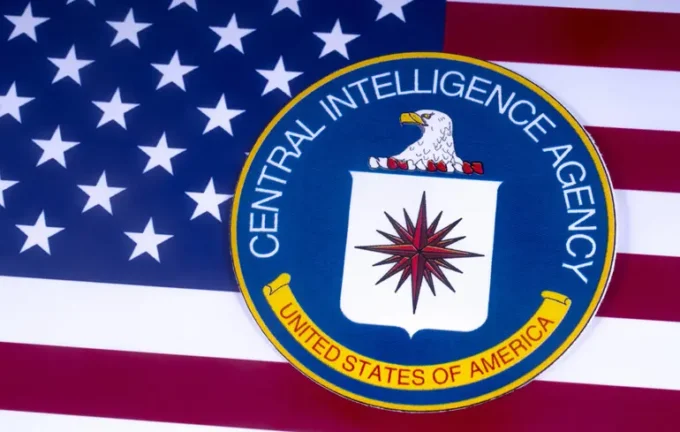CIA Revises Assessment of Russian Interference in the 2016 US Elections: New Conclusions and Controversies Surrounding Reliability

The Central Intelligence Agency (CIA) of the United States has undertaken an in-depth review of its previous report concerning foreign interference by Russia in the 2016 US presidential election. According to the new analysis, earlier conclusions confirming the extensive meddling by the Kremlin aimed at helping then-Republican candidate Donald Trump secure victory over Democrat Hillary Clinton remain inconsistent in terms of reliability and procedural integrity. At the same time, the CIA criticized a number of procedural flaws identified in the initial assessment, raising questions about its trustworthiness. The revised report states that although the quality and reliability of the classified original analysis remain unquestioned, the level of confidence in its findings should be considered “moderate” rather than high as previously believed. This suggests a greater uncertainty about Russia’s role in election interference. President Trump, known for his contradictory stance on intelligence assessments, had previously dismissed any Russian interference, and the unclassified version of the report released in January 2017 sparked political controversy. After meeting with Vladimir Putin in November of that year, Trump expressed trust in the Russian leader’s denials, denying Moscow’s involvement. The new review could challenge the assertions made by CIA leadership that the conclusions were objective and unbiased. CIA Director John Retkiff, who previously served as a Congressman and led U.S. intelligence agencies during Trump’s White House tenure, authored and oversaw the analysis. The CIA emphasizes that transparency and objectivity were central goals, with the “Lessons Learned” section designed to improve analytical practices and prevent future errors. Analysts uncovered significant procedural irregularities during the development of the initial report, notably due to tight deadlines and excessive agency leadership involvement, which led to deviations from standard procedures. These issues hindered strict professional standards, especially regarding the most contentious judgments in the assessment. Nonetheless, the review affirms that Russia attempted to use disinformation and cyber operations to sway voters toward Trump in 2016, a conclusion also supported by the bipartisan Senate Intelligence Committee report of 2018. This revised assessment could complicate the standing of CIA Director Retkiff, considering Trump’s previous public denouncement of the intelligence community’s findings as “hoax” and his attacks on the credibility of the entire intelligence apparatus. The ongoing controversy underscores the ongoing struggle to balance national security transparency with political interests, shedding light on the importance of objective and verified intelligence in shaping critical decisions.

